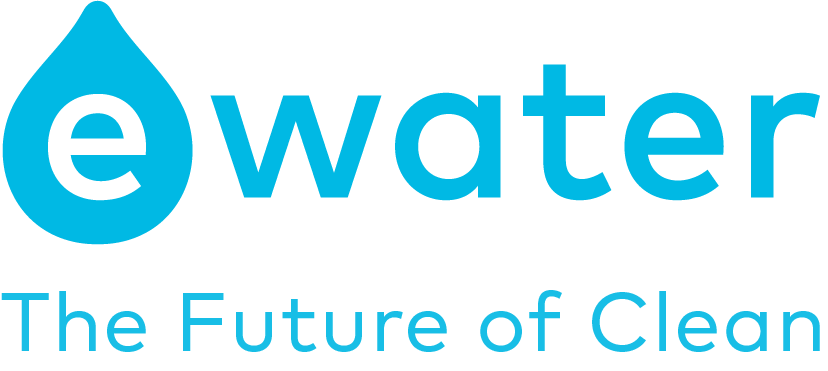Practical and cheap to produce, plastic has been an incredibly useful material for the modern economy. Its uses are varied, and globally production has surged from 15 million metric tons in 1964 to 311 million metric tons in 2014.[1] Yet, unfortunately such functional benefits come at a detrimental price.
The Ellen MacArthur Foundation has been working with the World Economic Forum in creating the first report of its kind to tackle recycling and reuse of plastic packaging. The report, titled ‘The New Plastics Economy’, was designed to “provide a clear transition strategy for the global plastics industry to design better packaging, increase recycling rates, and introduce new models for making better use of packaging”.[2]
The three fundamental goals of report are as follows:
1. Create an effective after-use plastics economy by improving the economics and uptake of recycling, reuse, and controlled biodegradation for targeted applications.
2. Drastically reduce leakage of plastics into natural systems (in particular, the ocean) and other negative externalities.
3. Decouple plastics from fossil feedstocks by—in addition to reducing cycle losses and dematerializing—exploring and adopting renewably sourced feedstocks.
Plastic packaging is essentially a single-use product, and although its intended use-life is typically a year, the material has the potential to live on for centuries.
According to McKinsey, plastic packaging “represents a quarter of the total volume of plastics, and around 95 percent of the value of plastic-packaging material (worth some $80 billion to $210 billion annually) is lost to the economy”.[3]
Environmentally speaking, the negative externalities are huge – the United Nations Environment Programme conservatively estimates that almost a third of all plastic packaging leaks into the ocean, with about 8 million metric tons annually polluting oceans.[4] But, there is a positive way forward.
At the core of ‘The New Plastics Economy’ is the assurance that forward thinking and lateral applications can be used to ensure that plastics cease to become waste – outlining a concrete program to achieve such a systemic shift, which is so desperately needed.
or
Read more here and here
What Global Market Leaders Are Saying
"We urgently need to transform global plastic packaging material flows if we are to continue to reap the benefits of this versatile material. This report marks a major milestone, calling out specific actions to capture opportunities for redesign and innovation, reuse, and recycling. It’s now up to us all to get it done."
Paul Polman
CEO, Unilever
"Healthy oceans can support healthy people and healthy profits; if we let them. That means governments, business and individual citizens backing an inclusive, circular economy. It means using legislation, innovation and consumer choices to replace plastic related demand and pollution with better alternatives that create jobs and still look after our planet. And it means supporting this initiative by ensuring that each us knows how we can help rethink, reuse and recycle plastic. This report is a great place to start."
Erik Solheim
Executive Director, UN Environment
"It will take a concerted effort involving various stakeholders to make the systemic changes needed to transition to a circular economy. This is especially true for plastics. Veolia believes that the New Plastics Economy initiative provides an excellent collaborative platform to catalyse the transition. The initiative's latest report, “The New Plastics Economy: Catalysing action”, builds on the findings of the previous report and provides a clear roadmap of priority actions for 2017 to drive progress towards a global plastics system that works: a system that will capture material value and contribute to improved economic and environmental outcomes. Veolia looks forward to its continued participation in these efforts."
Antoine Frérot
CEO, Veolia
Bibliography
[1] http://www.mckinsey.com/business-functions/sustainability-and-resource-productivity/our-insights/rethinking-the-future-of-plastics
[2] https://www.ellenmacarthurfoundation.org/assets/downloads/New-Plastics-Economy_Catalysing-Action_13-1-17.pdf
[3] http://www.mckinsey.com/business-functions/sustainability-and-resource-productivity/our-insights/rethinking-the-future-of-plastics
[4] Ibid.




